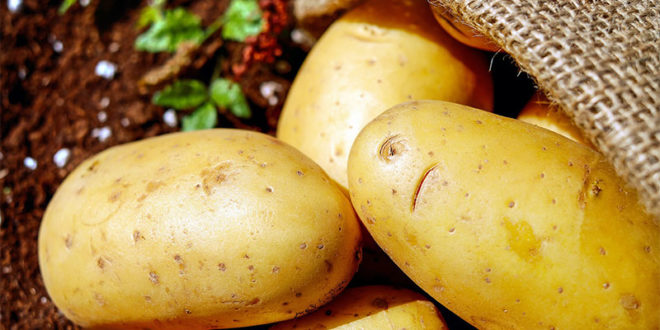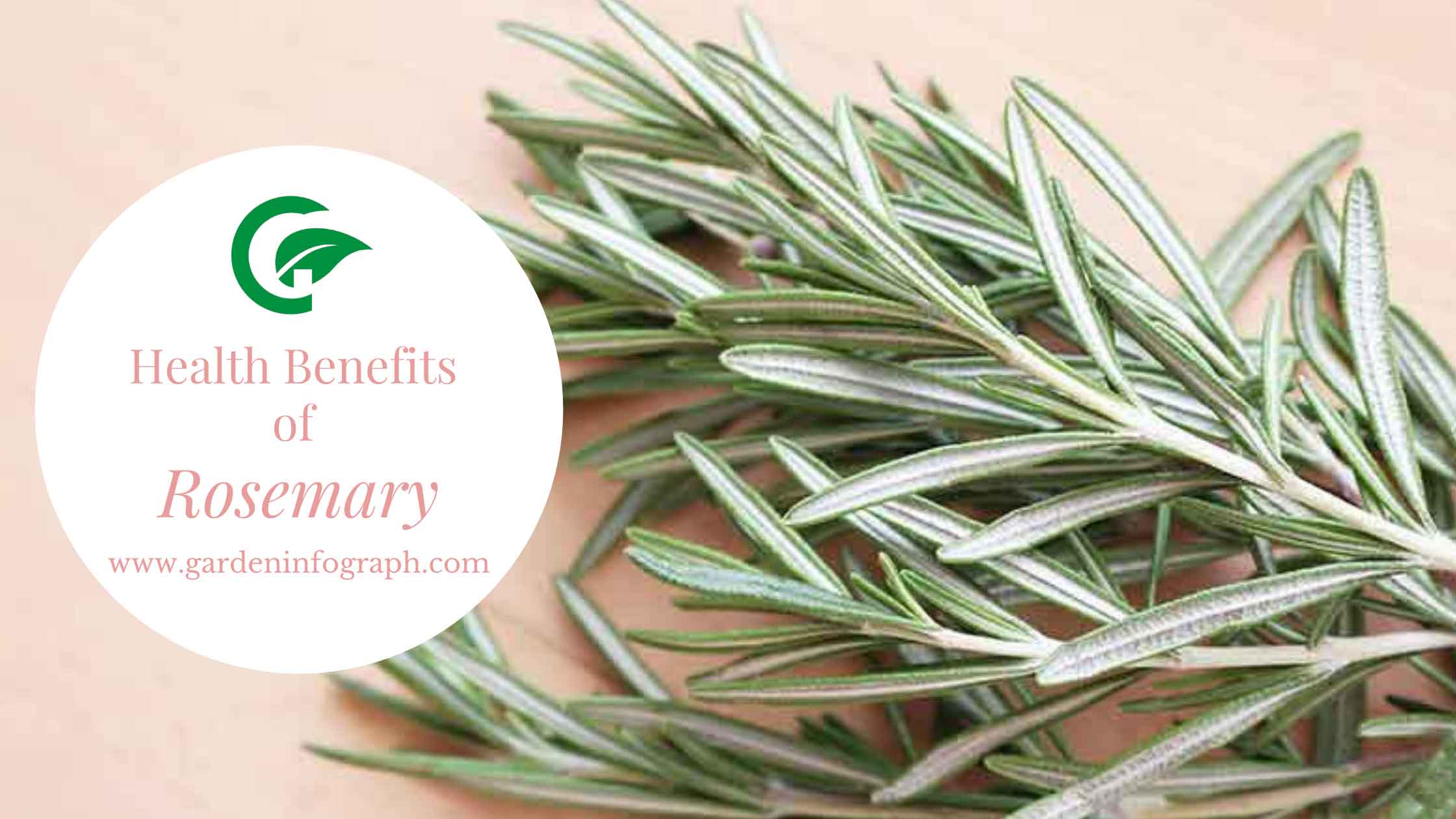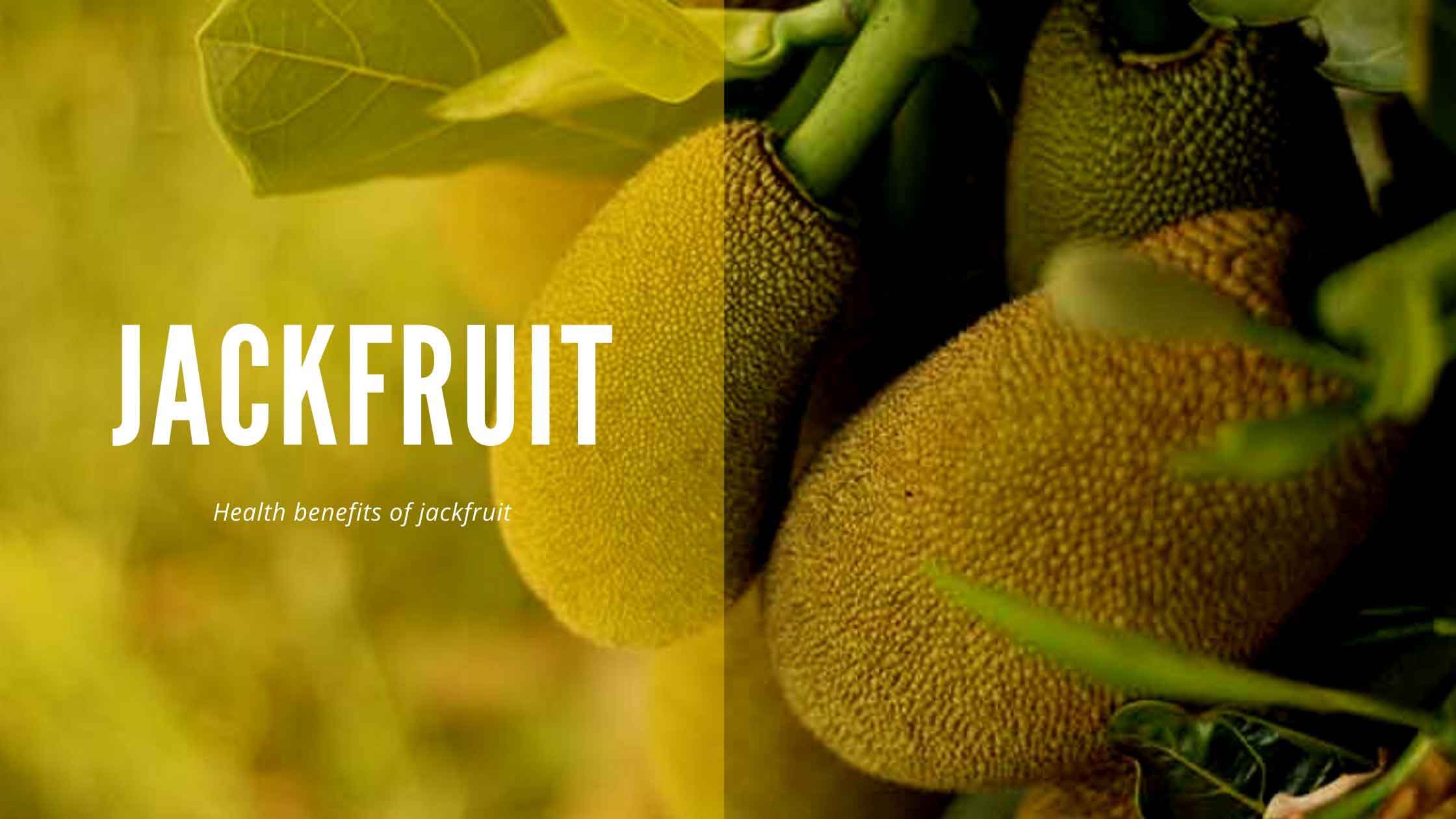Potato
Potato is a starchy root that is involved in every cuisine of India. Potato is the vegetable that is majorly liked by Indians in their foods. Potato is also eaten during fasts when no other vegetable is considered.
Potato is a species of solanum tuberosum, from the family of solanaceae. It is native to the Americas.

Nutritional value of potato
- High in potassium
- Small amounts of iron, copper, and manganese
- It also contains some good amount of vital vitamins like vitamin C, Folate, vitamin A and lutein-zeaxanthin
- It also contains lots of energy and carbohydrates
Health benefits of potato
Improves bone health
The iron, phosphorous, calcium, magnesium, and zinc in potatoes all help the body to build and maintain bone density and strength.
Iron and zinc play a crucial role in the production and maturation of collagen.
Phosphorus and calcium are both important in increasing the bone density, it is also very essential to balance the two minerals for proper bone mineralization. Consuming too much phosphorus together for a long time can be a cause of osteoporosis and eating too little calcium can also result in bone loss and osteoporosis.
Keep checking your blood pressure
Doctors suggest to consume less amount of sodium for maintaining healthy blood pressure, but potassium intake is important as well.
Potassium encourages vasodilation, or the widening of the blood vessels, which reduces the risk of artery damage due to sudden increases in blood pressure.
Do not depend on medicines for everything, medicines are temporary but nature is permanent.
Potassium, calcium, and magnesium are all present in the potato. These have the ability to manage blood pressure naturally.
Improves heart health
The potato’s fiber, potassium, vitamin C, and vitamin B6 content, coupled with its lack of cholesterol, all support heart health.
Potatoes contain significant amounts of fiber. Fiber helps lower the total amount of cholesterol in the blood, thereby decreasing the risk of heart disease.
Researches proved that a higher intake of potassium and a lower intake of sodium reduce the risk of heart disease.
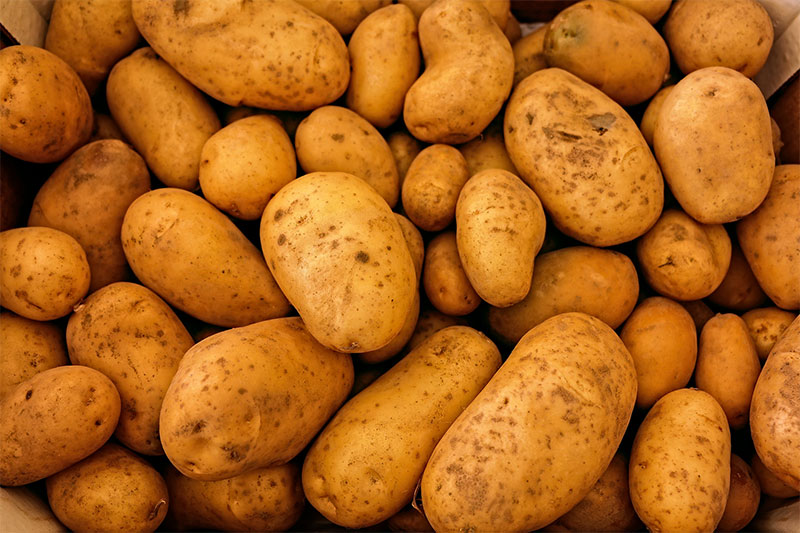
Good for brain and nervous system
The B6 vitamins in potatoes are critical to maintaining neurological health. Vitamin B6 helps create useful brain chemicals, including serotonin, dopamine, and norepinephrine, according to the University of Maryland Medical Center. This means that eating potatoes may help with depression, stress and even perhaps attention deficit hyperactivity disorder (ADHD).
Potatoes’ high level of carbohydrates may have some advantages, including helping maintain good levels of glucose in the blood, which is necessary for proper brain functioning.
A 1995 study was published in the American Journal of Clinical Nutrition. It was found that if we increase calcium in our diet a notable change is observed in the memory. Potassium widens the blood vessels and supplies blood to the brain.
Increases immunity
Vitamin C has proved to help prevent everything from scurvy to the common cold, and potatoes are full of this nutrient, with the recommended daily intake per medium baked potato, according to the Washington State Potato Commission.
Good for digestion
Potatoes are a great source of vitamin B6. This plays a vital role in generating energy. It also increases our metabolism, by breaking down carbohydrates and proteins into glucose and amino acids. These compounds are more easily digestible and utilized for energy generation within the body.
Fights fatigue
Fatigue is a condition where people suffer from muscle weakness due to which they feel overtired all the time and a strong desire to sleep develops during our daily activities.
Potato contains carbohydrates and proteins which provide energy to the body and muscles and hence helps to fight against fatigue. It also contains folate and vitamin C which can be very helpful in increasing bone density and bone strength.
Fights cancer
Research found that consuming purple potatoes might reduce the risk of colon cancer.
Purple potatoes are high in antioxidants and anti-inflammatory properties that show notable results in the reduction of cancer cell growth within the colon.
The study looked at groups of pigs on three different diets, one of which was supplemented with purple potatoes. At the end of the study, pigs that ate purple potatoes had levels of IL-6 six times lower than the other groups. Pig’s digestive system is similar to that of humans.
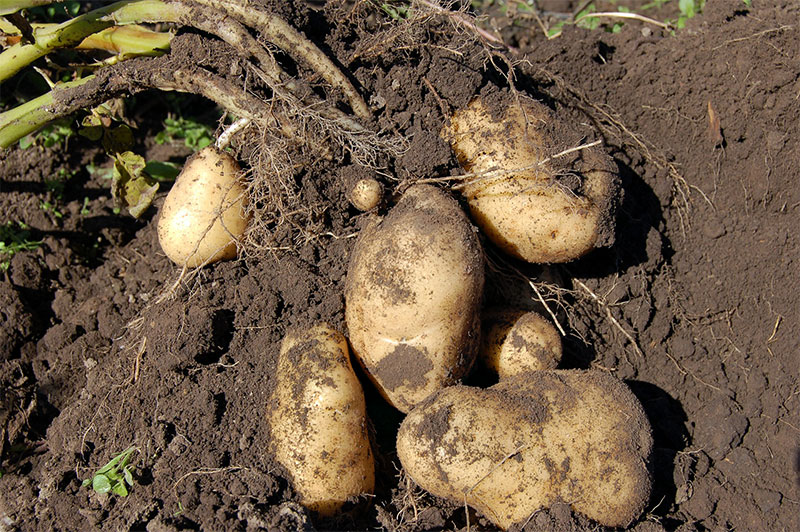
Also Read: How to grow potato
Side effects of potato
- Not good for diabetic people
- Too much intake can cause obesity
- May lead to diarrhea
- May lead to hypotension
Here at gardeninfograph we try to bring in front of you many relatable topics that are can add up to a healthy diet in your homes to keep your family and friends healthy. Some topics that we have covered are eggplant, apple capsicum, garlic, parsley, cucumber, cauliflower, giloy, edible flowers, cardamom, black pepper, Green chilli, hala fruit, olive and you will find many more.
 Garden infograph We provide our best experinces about plants
Garden infograph We provide our best experinces about plants
